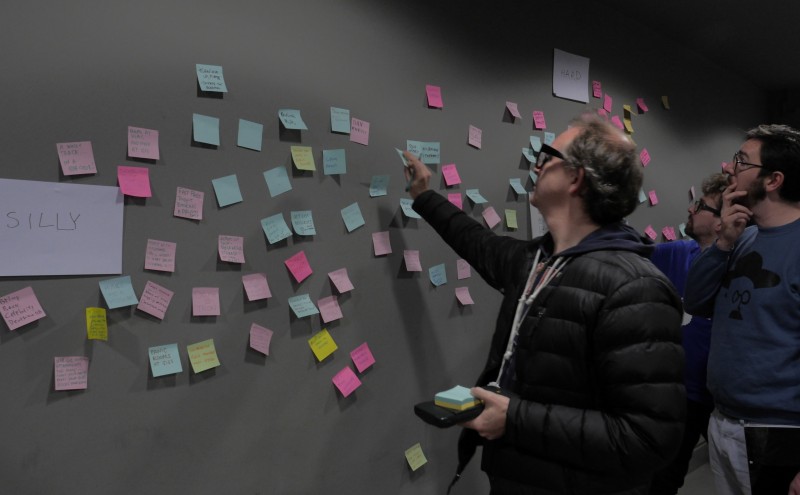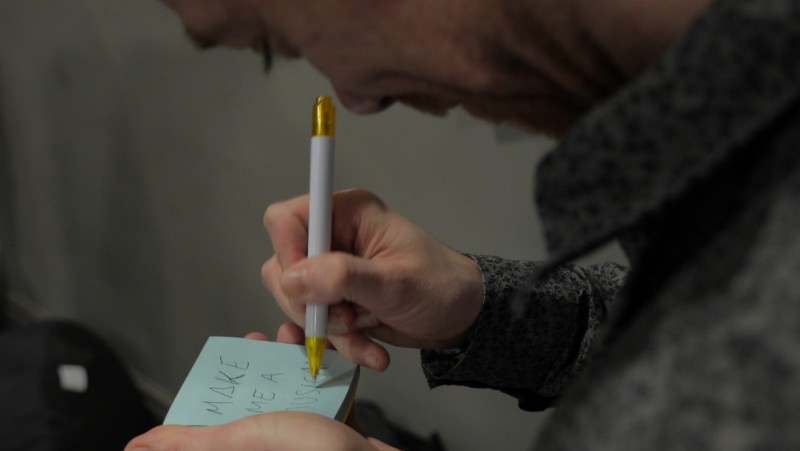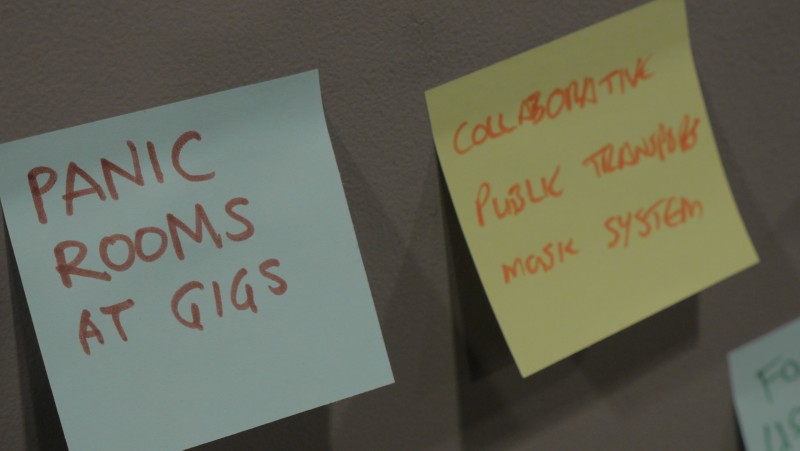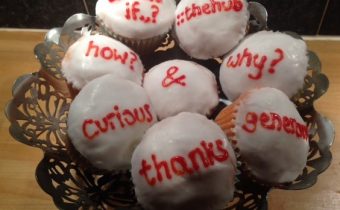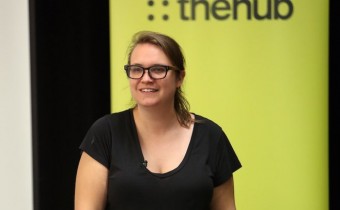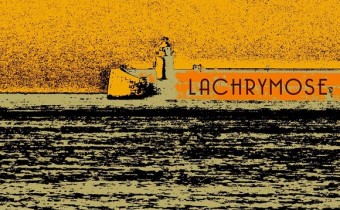Make, Do & Bend – the title of our Ideas Lab, yes, but also a good philosophy
Imagine the scene – 25 or so of Europe’s most curious and forward thinking composers, musicians and creative technologists, gathered together at NESTA HQ for a ‘nothing’s impossible’ day of plotting and conspiring, eating and drinking, thinking and doing. All in the name of exploring the next frontiers of live performance, and how digital technology can most creatively play its part in that.
Well that’s pretty much the plan for the first part of Make Do and Bend, a Lab on Tuesday 7 June dreamed up by the hub in collaboration with London Sinfonietta. Make Do and Bend will give our carefully curated group of fellow explorers the chance to do just that: make stuff that they can’t make on their own,do things that can’t be done under their individual steam, and bend and shape each other’s thinking into new performance ideas that none of them could have come up with on their own.
We think. We do. We Learn. We share. Those are the guiding principles of the hub, and the approach that underpins Make, Do and Bend. Inherently curious about the world around us, and by nature collaborative, sharing what we know and helping people connect with each other is second nature to us. It’s just how we roll. Like all of the work the hub is involved in making, Make Do and Bend has at its heart a central question, something we want to understand more about. In this instance, it’s all about exploring what ‘performance’ and ‘interaction’ between composers, artists and audiences can look like in this digital age – on stage, digitally and in settings which marry the two together.
It’s a subject that Andrew (London Sinfonietta’s CEO, and an old friend) and I have spent many an hour debating over the last few years, usually with the aid of distinctly old school pencils, paper, crazy drawings and much good natured table thumping… and a glass or two of red wine! So, like all good R&D projects tend to do, Make Do and Bend has developed iteratively, powered by ongoing discussion (between us and with our partners at NESTA and Sound and Music), and informed by the work we’ve both been doing: the hub’s Bring & Byte hack weekend we ran last year as part of our Joining the Dots programme, and London Sinfonietta’s ongoing digital work which most recently resulted in the amazing Steve Reich’s Clapping Music app.
Over the years one of the things I’ve realised to be an absolute truth is that when you bring together people with different ‘normals’ and starting points, you get ‘atomic collisions’; thinking that just wouldn’t have come about in other circumstance, and ideas that wouldn’t otherwise have seen the light of day. Everyone involved leaves a little bit changed by the experience, the seeds are sewn for new collaborations and stuff gets done. And that’s exciting!
So that’s what Make Do and Bend is all about…atomic collisions…bringing together composers, coders, musicians, video artists, developers, instrument designers and all manner of other people who absolutely love music, and are curious about this central question around performance and technology. Make Do and Bend borrows from hack culture, and over the course of the day, we’ll share our inspirations and pool our ideas, before getting down to some serious playing, making, breaking and putting back together again. By the end of the day, what will we have created? Alongside new friendships, our hope is that we’ll also have the bare bones of some great new ‘stuff’ – maybe some brand new tech, or some new ideas for how to use tech we already have, a new ‘instrument’ (whatever one of those looks like in this context) or maybe a new way of thinking about instrumental playing, maybe some ideas for performances where their live and digital iterations get equal billing? Who knows?! And of course, at the end of it all, there’s the chance for some of the teams that formed over the day to win a development bursary to take their ideas to the next stage and perhaps even go on to work with London Sinfonietta and others to bring them ‘properly’ to life.
Having read this, it perhaps won’t surprise you that my favourite question is ‘what if’, and that the phrase I most overuse is ‘that’s a good idea’. Small wonder I can’t wait to get started!

